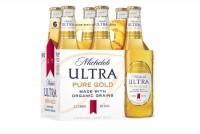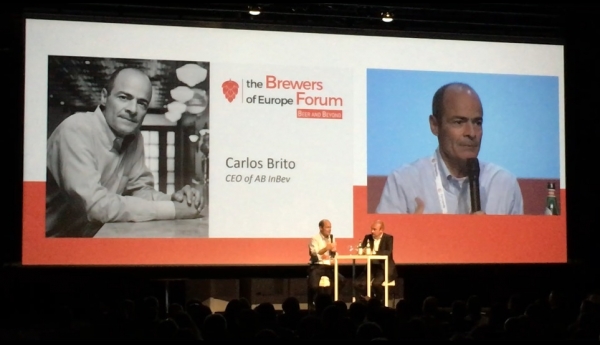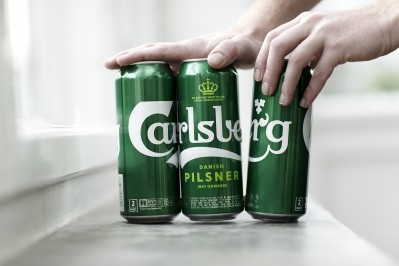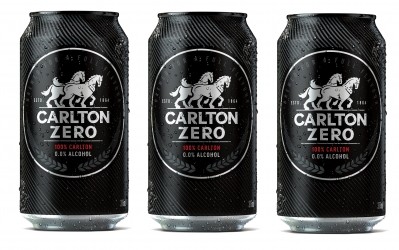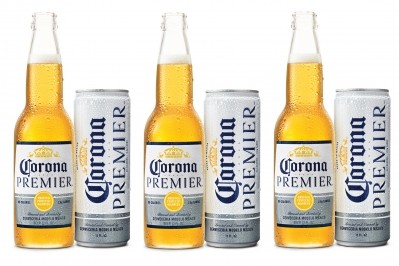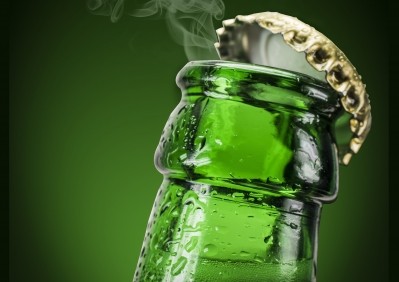The Brewers of Europe Forum
AB InBev CEO: ‘Beer needs to play the natural card more’
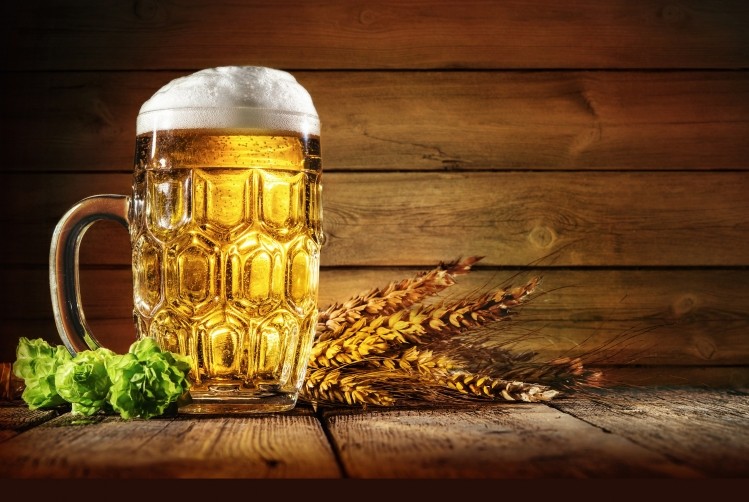
Brewed from four basic materials – hops, barley (or other grains), yeast and water – beer can be generally considered as a ‘clean label’ product – free from the added sugar, additives, flavors or other additional ingredients found in other drinks categories.
Highlighting beer’s connection to agriculture and farming is also increasingly important, said Brito, speaking at the inaugural Brewers of Europe Forum in Brussels last week.
Natural
Highlighting three key considerations for brewers in the future, Brito draws out natural, premiumization and diversity.
The attraction of ‘natural’ has been gathering pace across the entire F&B industry, driven by increased focus on health and wellness, with consumers turning away from artificial ingredients and seeking out ‘clean label’ products with a recognizable ingredient lists.
One of the key challenges for beer has always been its unhealthy, high calorie 'beer belly' image: but its simply ingredient list means it has the potential to position itself as a natural, clean label product.
“One of the key trends – and I think beer has a big role to play – is the whole thing around natural,” he said.
“A lot of consumers out there want natural products, and beer is all about natural ingredients and a natural process – brewing. That’s compared to a lot of other categories in food which are not so natural.
"So I think we have to play that card more.”
Germany’s winter Olympic team made headlines by taking 3,500 liters of non-alcoholic wheat beer from privately owned brewery Krombacher to Pyeongchang earlier this year: choosing the drink for its isotonic nature.
“They took alcohol free beer from Germany to replenish their energy – not sports drinks or anything else – because its natural and will replenish what you need to replenish,” said Brito. “That’s very encouraging.
Michelob Ultra Pure Gold
Launched this year, AB InBev's Michelob Ultra Pure Gold highlights its use of organic grains and absence of artificial colors or flavors.
“And if you go to Germany our segment which grows most is our alcohol free beer.”
Agricultural importance
Highlighting beer’s natural credentials is not just important for selling beer to consumers. The category also needs to emphasize its link and contribution to the agricultural industry, where its ingredients come from, said Brito.
This is something the category can learn from wine, which has successfully linked itself with agriculture and is recognized accordingly when it comes to discussions on taxes or subsidies.
“I think we brewers have to learn from wine,” said Brito. “It’s established that it’s really connected to agriculture and farmers. So are we!
“In most countries where we have the data, where we operate, we have more hectares dedicated to barley and grains associated to beer than grapes. But nobody knows that. We have more jobs, but nobody knows that.
“Wine is connected to farmers – so are we – and we need to drive that message.”
Premiumization and diversity
Embracing premiumization and the diversity of styles are two other key ways brewers can embrace the future of beer, said Brito.
“Premiumization is a big thing – consumers trading up, willing to pay more for a beer, and staying within beer,” he said. “That’s a big one and I think it’s good for us.”
Meanwhile, the sheer diversity of styles is also helping attract new and existing consumers. Few other categories, for example, are able to offer a wide variety of alcoholic strengths, through from 0.0% to high strength beers.
